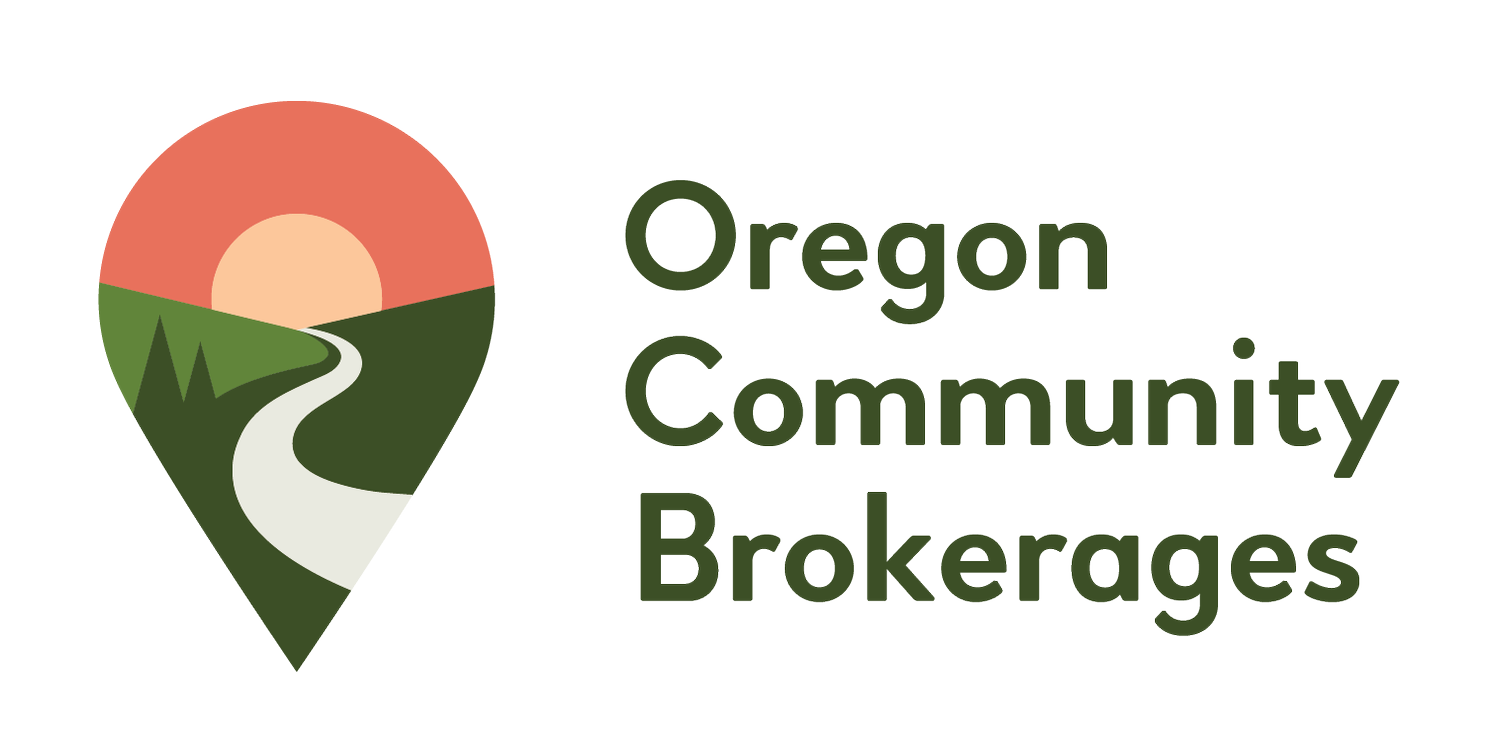Testing, Vaccines, and Risk Levels: The Latest on COVID-19 In Oregon
Winter is fast approaching, and we find ourselves in the middle of a very nasty spike in COVID-19 infection, statewide. This poses a deadly risk to every Oregonian--but not all risk is equal. Since the beginning of the pandemic, our state leadership and public health officials have been working to adapt our guidance to incorporate new information and understanding of how this disease spreads. With this spike, the Governor and Oregon Health Authority (OHA) have created new guidance that takes into consideration the risk levels present in each county in the state, and what they mean for the people living there. We'll walk through some of the major headlines from Oregon from recent weeks, and break down what they mean for you.
New and Revamped Coronavirus Websites
https://coronavirus.oregon.gov
https://govstatus.egov.com/or-oha-covid-vaccine
OHA has reworked their COVID-19 website to be easier to find the information you need. The purpose of this website is to provide a hub for information about how to avoid contracting and spreading the disease, current advice and guidance for people and businesses, and information about how to handle exposures, infection, and other situations. You can navigate to the same link as before (https://coronavirus.oregon.gov) and find a stats dashboard, the latest headlines, commonly asked questions, resources by topic, and more.In addition to general COVID-19 information, OHA has launched a dedicated website for COVID vaccine information (https://govstatus.egov.com/or-oha-covid-vaccine). The COVID vaccine development, production, and distribution is a quickly evolving process that is of great interest to most all of us. In order to keep up with the latest information on the vaccine status and availability in Oregon, bookmark this website to check in on the future.
New Risk Level Guidance By County
https://coronavirus.oregon.gov/Pages/living-with-covid-19.aspx#countystatus
We are all making a series of complex decisions each day about whether it is safe enough to engage in the activities that we need and want to accomplish. Is it safe to go into a store and browse? Is it safe to gather with friends in an outdoor setting? What are the limits in my area? As we learn more and increase our ability to track and respond to outbreaks across the state, our leaders are able to fine-tune our guidance to better reflect our actual risk. For quick answers on what business-types are open and how you can engage in activities in your community, you can click here to find out more about the local conditions in your county.
Getting Tested For COVID-19
If you have been in contact with a person who has developed COVID-19, you will likely need to be tested. Testing resources ebb and flow with global availability, and there are regular pop-up events that offer free testing--a wonderful resource, but not always predictable when you need to know. OHA has a fantastic, searchable statewide site (https://govstatus.egov.com/or-oha-covid-19-testing) that you are able to help you find events near you and be prepared with all the information you need about testing. There is also a very cool national site (https://www.doineedacovid19test.com/) to give you real-time information on testing events around the state, as well as what to expect from a test experience, and where to find your results once you have been tested. These sites will help you connect with the low-barrier testing events that people all across Oregon are working so hard to put on.
Workers’ Compensation and COVID-19
Have you been quarantined or isolated due to a workplace exposure to COVID-19? Or have you contracted COVID-19 in the workplace? Workers who have been exposed to COVID-19 at work may be entitled to have their lost wages and medical expenses covered by their employer’s workers’ compensation insurance. Employers cannot retaliate or discriminate against a worker for filing a workers’ compensation claim or for raising workplace safety concerns.
If you need more information to help with your specific situation, you can click here to get information, or call 800-452-0288 (toll-free).




